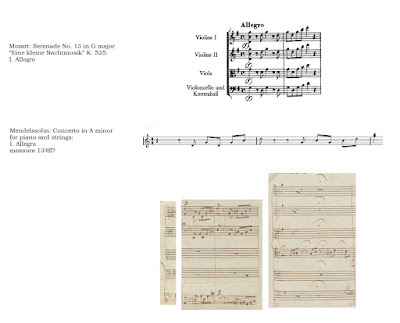"I Am a Pilgrim"
I'm surprised I didn't realize this earlier, but there are two Biblical stories mentioned in the lyrics."I’m going down to the River of Jordan / Just to bathe my wearisome soul" is a reference to Naaman in the Old Testament. In 2 Kings 5, the prophet Elisha tells Naaman to dip himself in the Jordan River seven times to be cured of his leprosy.
The other reference is in the lines "If I can just touch the hem of His garment, good Lord / Then I’d know He’d take me home." Recounted in three different books of the New Testament (Matthew 9, Mark 5, and Luke 8), a woman is healed from a discharge of blood after touching only the fringe of Jesus' garment.
(I feel it's also worth mentioning that last September I wrote about some similarities between "I Am a Pilgrim" and "Wayfaring Stranger" as part of my Collection Audit project.)
"The Christian Life"
The CD version I have of Sweetheart of the Rodeo includes bonus tracks, one of which is a rehearsal of "The Christian Life." After listening to both, I discovered that the two versions flip the first line of the two verses. In the version on the final album, the first verse starts with "My buddies tell me that I should have waited" and the second with "My buddies shun me since I turned to Jesus," but in the other version, the first verse starts with "My buddies shun me since I turned to Jesus" and the second with "My buddies tell me that I should have waited."In both versions, there seems to be a discrepancy between the lead and backing vocals during the line "For what is a friend who'd want you to fall." The lead vocals seem to have "who'd want" where the backing vocals have "who wants."





